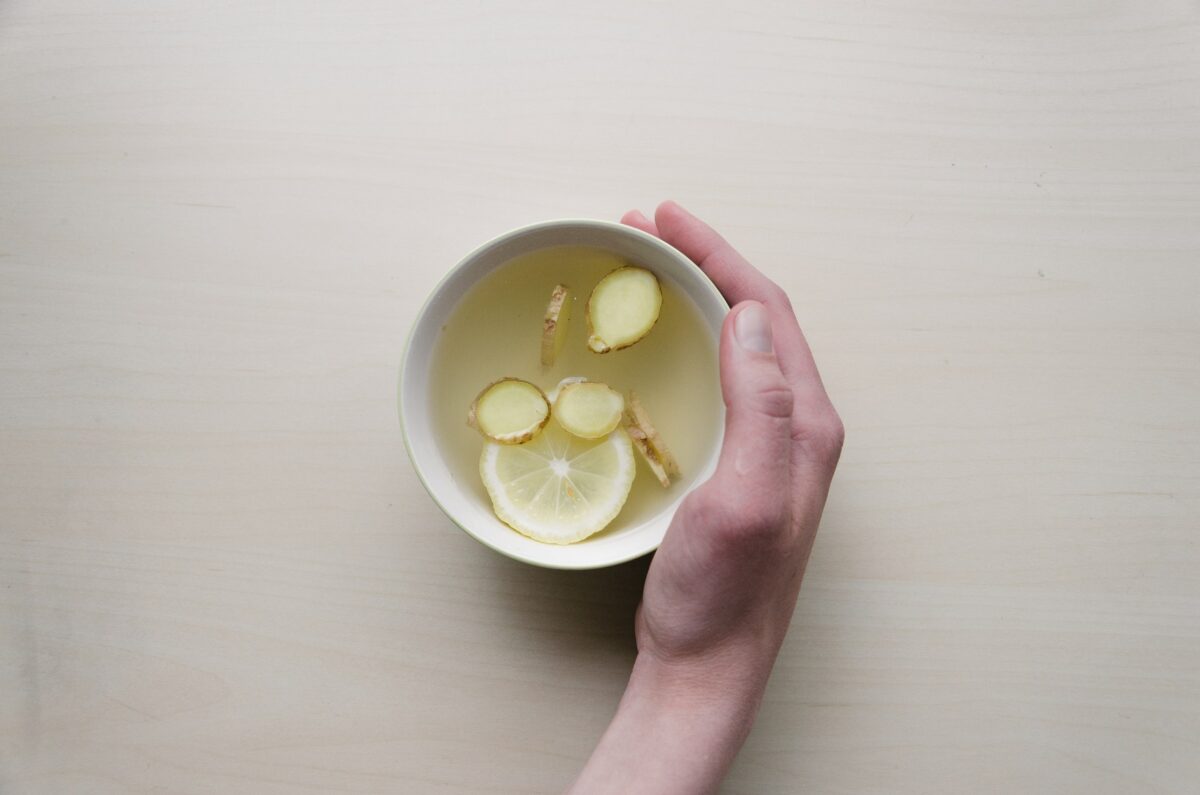
April 5, 2018
Can You Really Detox or Cleanse Your Body?
SHARE
You’ve probably come across a detox program or two in your pursuit of better health. These programs are based on the idea that your body is constantly accumulating toxins and needs a “spring cleaning” every now and then. These programs usually involve a combination of fasting, juicing, eating selected foods, taking supplements and enemas.
The idea of “spring cleaning” your body sounds nice but is it backed by science? After all, the human body has a whole detoxification system comprised of the liver, kidneys, skin and intestines.
The Science
Most detox programs have not been subjected to rigorous scientific studies or clinical investigations.
Even the few studies that exist on detox programs have issues such as small sample sizes, lack of control groups and over-reliance on self-reporting. It is much easier to find scientific studies on different detox techniques such as fasting and juicing than on detox programs.
Juicing
Vegetables are good for you but that doesn’t mean that it’s a good idea to give up whole foods and try to survive on juices. First, unpasteurized juices contain loads of bacteria that can be very dangerous to people with weakened immune systems.
Also, juices that contain high oxalate ingredients like spinach and rhubarb can be very dangerous to people with kidney problems. Similarly, juice that contains high amounts of fruit can increase blood sugar levels, which is not good for diabetics.
Moderation is key when it comes to juicing. You can reap the benefits of vegetable and fruit juices without having to give up whole foods in their natural, unprocessed form.
Fasting
This is probably the most studied detox technique. It lowers blood sugar levels and reduces inflammation, and can be beneficial if you suffer from diabetes and other degenerative diseases.
Short term fasting restores and replenishes tissues. For instance, studies show that liver tissues regenerate faster when fasting.
However, fasting isn’t for everyone. Dry fasts and water fasts can be excruciating. They can cause headaches, weakness, dehydration and fainting, which is why most people opt for intermittent fasts where they cycle between periods of fasting and non-fasting.
Colon cleansing
Those who swear by colon cleansing say that it eliminates toxins from the colon and alleviates allergy, arthritis and asthma symptoms. Unfortunately, there is no scientific evidence to back this up.
Studies have actually shown that colon cleansing can cause vomiting, electrolyte imbalance and kidney failure. While juicing and fasting can be beneficial with moderation, this is one detox technique that is best avoided because the risks far outweigh any potential benefits.
The jury is still out on detox programs, so it’s probably a good idea to proceed with caution and moderation, and, as always, discuss this matter with your doctor.
The human body has systems in place to handle most toxins; a healthy diet, adequate fluids, regular exercise and enough sleep is all you really need to keep it running. If you’re feeling tired and less than healthy, speak to your doctor before you start a cleanse or detox program.
